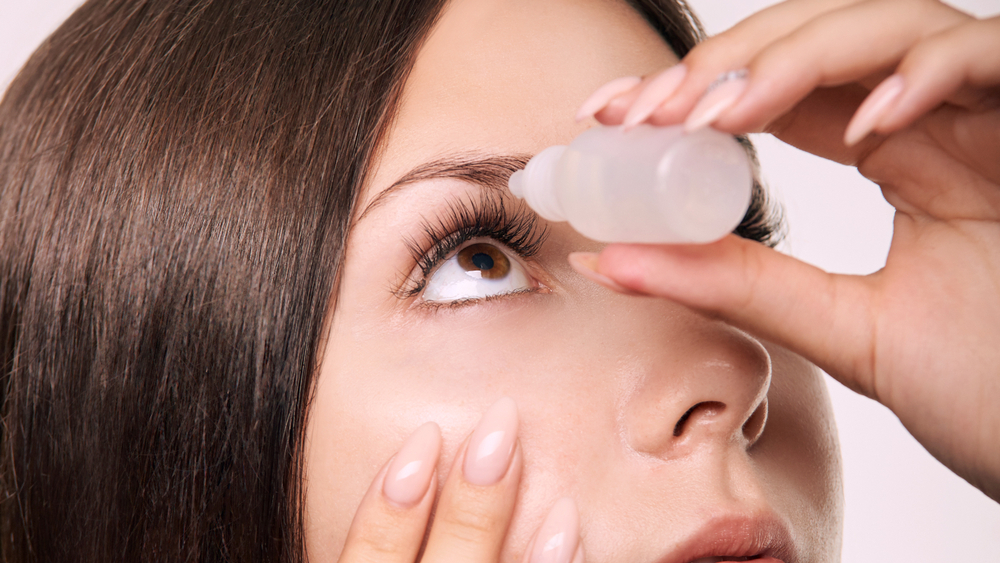Choosing the Right Treatment for Myopia: Options and Considerations
Blog:Choosing the Right Treatment for Myopia: Options and Considerations

Choosing the Right Treatment for Myopia: Options and Considerations
Myopia, commonly known as nearsightedness, affects many people, especially children and teenagers as their eyes are still growing. With the prevalence of myopia on the rise globally, it’s essential to address it early to manage progression and maintain healthy vision. Fortunately, there are several effective treatment options that can slow myopia progression, including atropine eye drops, MiSight contact lenses, and Ortho-K. Understanding each option and its benefits can help you make an informed decision about the best treatment for you or your child.
Atropine Eye Drops
Atropine eye drops are a widely studied option for slowing myopia progression, particularly in children. These medicated drops are typically applied once daily before bed and work by relaxing the focusing mechanism of the eye. Research has shown that low-dose atropine is effective in slowing the rate of myopia progression by reducing eye elongation, a key factor in nearsightedness.
Considerations for Atropine Eye Drops:
Effectiveness: Studies suggest atropine can reduce myopia progression by around 50%.
Side Effects: Low-dose atropine has minimal side effects, though some may experience light sensitivity or mild eye discomfort.
Commitment: These drops require a consistent daily routine to achieve the best results.
MiSight Contact Lenses
MiSight contact lenses are soft, daily disposable contacts specifically designed for children with myopia. These lenses have a unique, multi-focal design that helps to reduce myopia progression while providing clear vision. By wearing MiSight lenses during the day, children can enjoy normal activities while benefiting from myopia control.
Considerations for MiSight Contact Lenses:
Comfort and Convenience: The daily disposable nature of MiSight lenses means they’re both hygienic and easy to use, making them a great choice for kids and teens.
Effective for Children: MiSight lenses are FDA-approved for myopia control in children as young as eight years old, and they are clinically proven to slow the progression of myopia.
Eye Health: Regular follow-up appointments are essential to monitor eye health and ensure the lenses are working effectively.
Orthokeratology (Ortho-K)
Ortho-K involves specially designed gas-permeable lenses that are worn overnight. These lenses temporarily reshape the cornea, allowing for clear vision during the day without the need for glasses or contacts. Ortho-K has the added benefit of slowing down myopia progression by limiting eye elongation.
Considerations for Ortho-K:
Freedom from Lenses During the Day: Ortho-K lenses are worn only at night, providing clear vision without contacts or glasses throughout the day—ideal for active individuals.
Effectiveness: Ortho-K has been shown to effectively slow myopia progression, particularly in younger patients.
Adaptation Period: Ortho-K lenses may take some time to get used to, and they require strict adherence to nightly wear and hygiene protocols.
Which Option Is Right for You?
Choosing the right treatment for myopia depends on factors such as age, lifestyle, and individual eye health. For younger children and those needing flexibility in daily activities, MiSight lenses may be the most convenient option. For teens or adults who prefer lens-free vision during the day, Ortho-K might be more suitable. Atropine eye drops provide a simple, non-invasive treatment that is easy to incorporate into a bedtime routine, making them ideal for families looking for a low-maintenance option.
Take the Next Step in Managing Myopia at Texas State Optical
Each of these treatments offers unique benefits, and consulting with an eye doctor is the best way to determine the most effective solution for you or your child. We are here to guide you through the options, provide expert advice, and ensure that you receive personalized care that best meets your needs.
Reach out to Texas State Optical to schedule an eye exam and discuss the myopia management options. Visit our office in Humble, Texas, or call (281) 360-5151 to book an appointment today.


